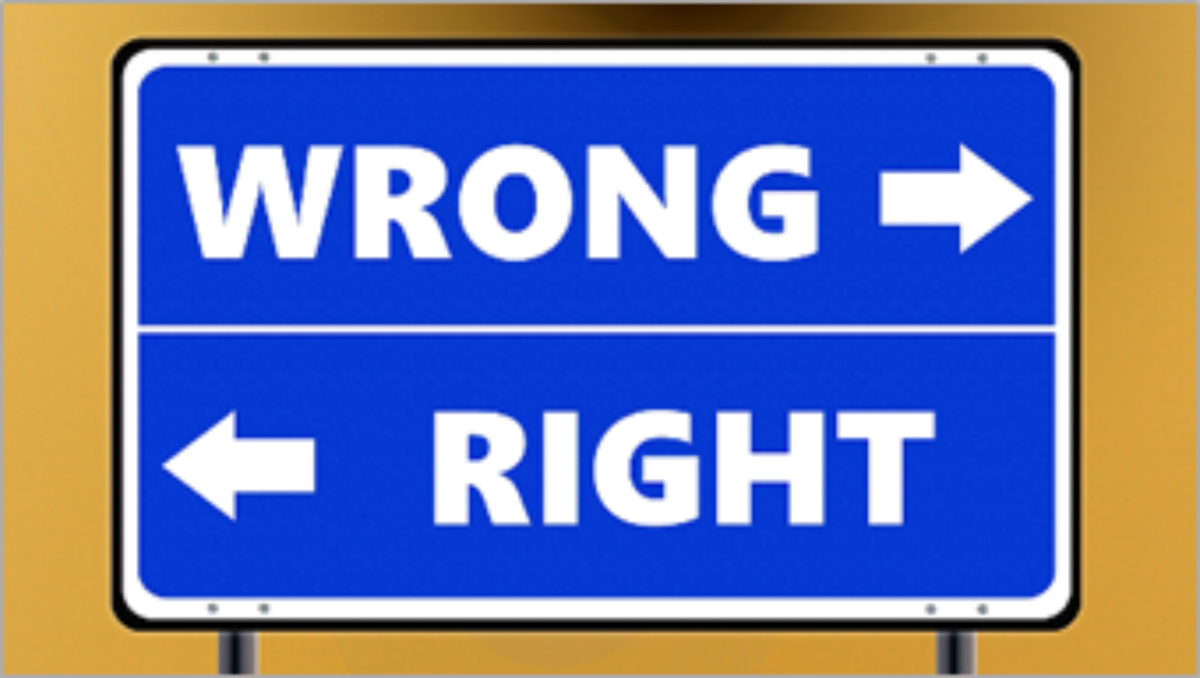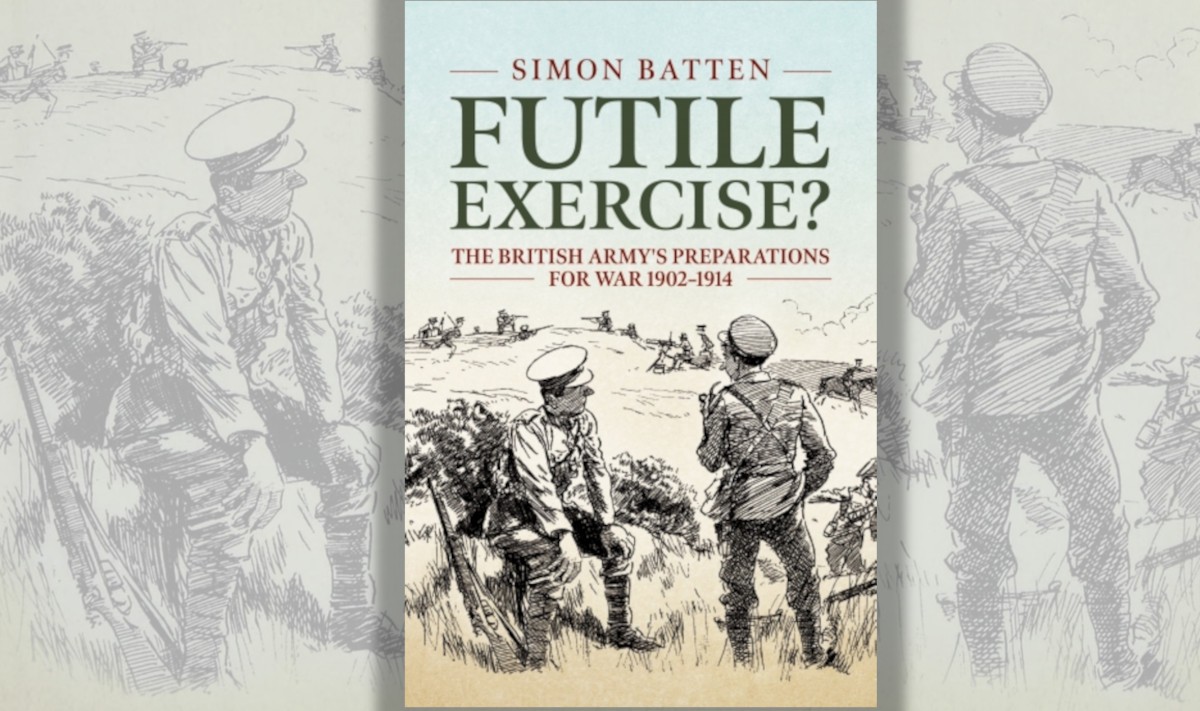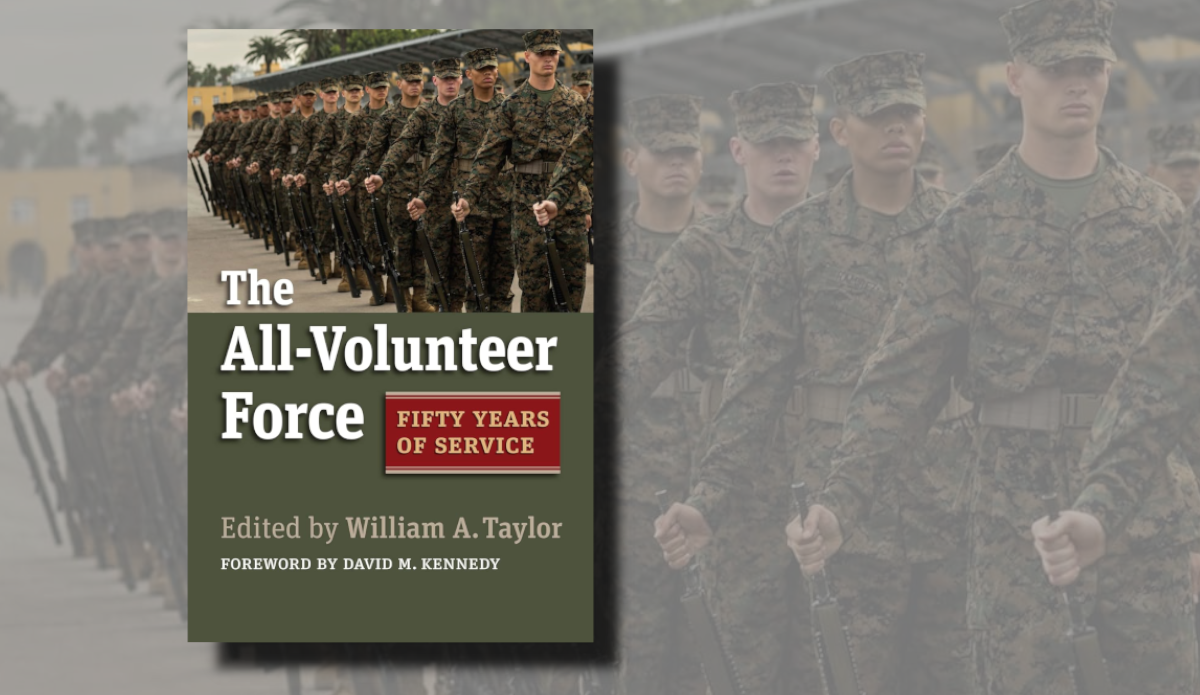Moral injury in the ADF Part 2: Why ADF members are vulnerable, and how the ADF can prepare its people
This is part two of an adaptation of the author’s essay entitled Moral injury and the gap between the soldier and the state’s moral identity, which placed third in the ADF Officer’s category of the 2019 Jamie Cullens Defence Essay Competition. The original can be viewed in full on The Forge’s website here.
Moral Injury Part One provided leading clinical definitions of Moral Injury, prior to framing it within the morality of a society and individuals’ moral identity. It also highlighted one of the ways in which ADF members can be uniquely affected by moral injury.
Part two examines the ways in which societal morality and individual moral identity can clash in the unique context of the ADF member, and suggests some recommendations for the ADF to implement to protect its personnel from moral injury.
The gap and its effect on moral injury
One particular catalyst for long term moral injury can arise because of the nexus of the liberal democratic state, and individual moral identity shaped by service in the military. A strength of the liberal democratic state, is that it can ‘accommodate diverse and conflicting values or preferences…accommodate those whose values clash.’ Although the state should be morally neutral, a society like Australia is not a cultural monolith but is rather comprised of the varied values of the groups within it, and this mix of values is likely more diverse than those of the soldiers who serve them.
Likewise support for Australia’s involvement in wars will be varied. This is a shift from wide support for World War I and II, on the basis of national survival, to Australia’s more recent involvements in Iraq and Afghanistan on the basis of national interest; maintaining international alliances. Support has been varied across Australian society; support for the [Iraq] war in Australia hovered around 33 percent’ with ‘500,000 people taking part in anti-Iraq War rallies across Australia.’ Throughout Australia’s involvement in Iraq and Afghanistan, narratives surrounding why Australia is involved have been inconsistent, whether from waging war on terror to supporting our alliance partners. This inconsistency has been amplified across the levels of command, from the strategic; whole of government to the operational and tactical; by taskforce commanders, opening the door for immediate and lasting moral injury.
In a liberal democracy, criticism of the reasons Australia goes to war are legitimate, and these criticisms are leveled by members of the government, opposing political parties, regular citizens, members of academia or even military members. This criticism in the public arena has the risk of further highlighting the gap between individual soldiers’ motivations and those of the state, and society, leading to moral injury, through a loss of trust in the state and one’s fellow citizens.
For veterans, facing this criticism coming from their fellow citizens can lead to a betrayal of trust and can be the cause a particularly harrowing moral injury for veterans who have left military service as it serves to alienate them from a society they are trying to incorporate into.
Recommendations
Training and education
Defence should help soldiers thoroughly explore and articulate their moral identity. Building on this foundation, a basic understanding of political philosophy would assist soldiers to frame their moral identity in the broader context of a conservative institution which represents a morally neutral liberal democratic state, and also a morally diverse society. This helps soldiers understand that their values may not perfectly align with national interests, and prepare them for the potential undermining of their actions through the legitimate critique of the military, that is fundamental to liberal democratic society.
Additionally, strengthening the ability of and permitting soldiers to disobey illegal orders will also go a long way in preventing moral injury.
Clinical and pastoral focus
Clinical and pastoral approaches must seek to address the potential of soldiers being isolated from support networks and society. Time is also a factor, ‘more time passes, the more service members will be convinced and confident that not only their actions, but they are unforgiveable. Moral injury is inexplicably linked to shame, which leads to extensive withdrawal. When combined with a loss of trust in society, this alienation has a multiplying effect, leading to increasingly spiraling isolation. To counter this shame, and the feeling of being unforgiveable, forgiveness (the repeated choice to release shame, and feelings of betrayal) is key, clinical and pastoral approaches must enable soldiers to forgive those they have lost trust in, as well as forgive themselves.
Commanders have a part to play, where immediate moral injury has occurred, they should conduct moral after action reviews to allow soldiers to regain trust and grow forgiveness. As part of the responsibilities of command, it is the commanders’ responsibility to own the actions of their subordinates, if they were complying with commander’s intent.
The views expressed in this article and subsequent comments are those of the author(s) and do not necessarily reflect the official policy or position of the Australian Army, the Department of Defence or the Australian Government.
Using the Contribute page you can either submit an article in response to this or register/login to make comments.




